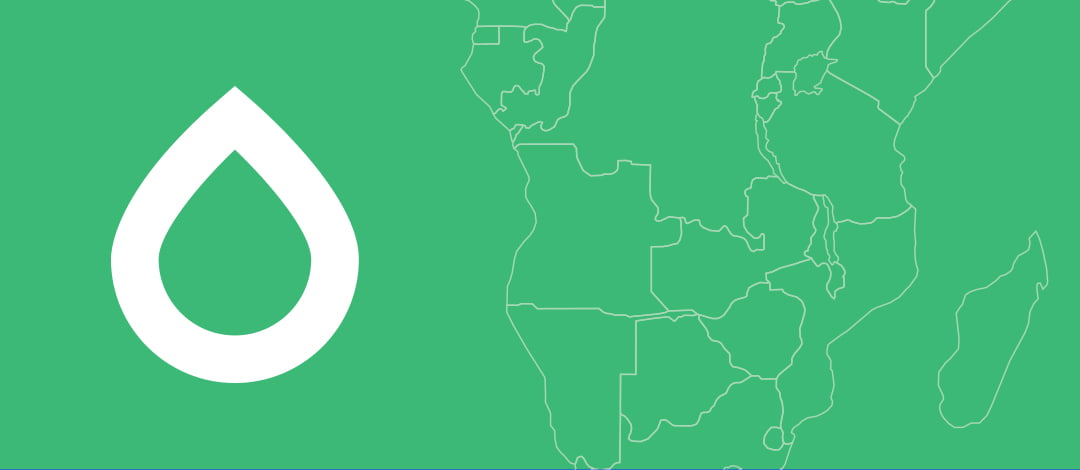This feasibility project was planned to determine how to create a sustainable networked business to enable rural communities to plant drought-resistant high-yielding Pongamia Pinnata on degraded and deforested land. These community plantations would be linked to central commercial plantations / processing hubs, located on similarly degraded peri-urban wasteland. Each hectare would produce as much as 9000 litres of biofuels and 60 tons of solid biomass. This would secure feedstock for modern bioenergy technologies to provide power and heat to rural and peri-urban communities. Production in excess of community requirements would be purchased at fair market prices and sold to the domestic market to meet national renewable energy targets. By-products generated from oilseed processing, such as pressed seedcake would be prepared and marketed as organic fertiliser, insecticide and animal fodder, to raise the level of agricultural productivity and potentially generate additional revenue streams. Through participation in the biofuel production and processing activities, rural and peri-urban communities would generate an income that permits them to obtain the energy services they require for domestic use, for transport, for agricultural mechanisation and other revenue generating economic activities.



